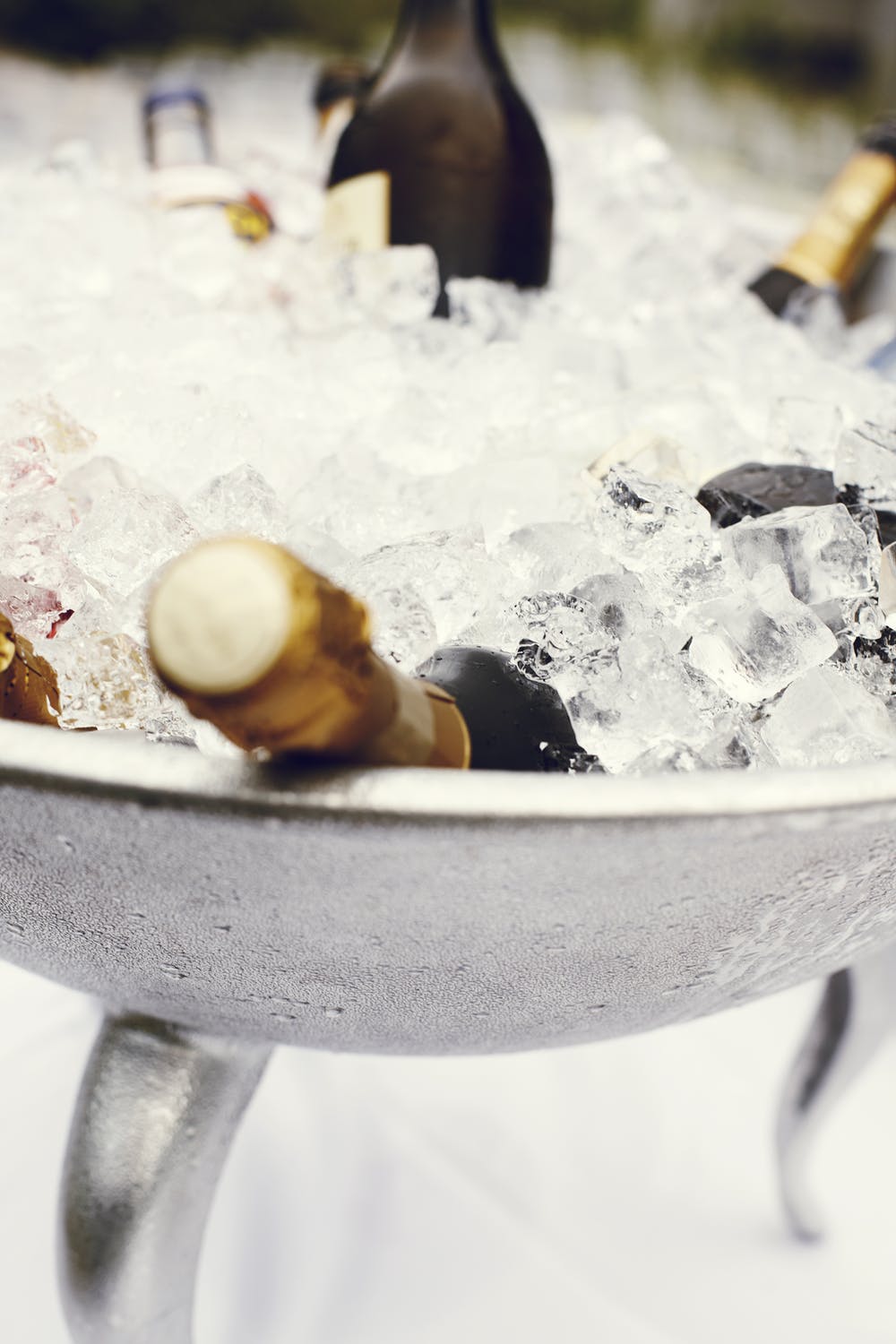Last Friday was the 10th annual #champagneday, a worldwide social media celebration of the famous fizz from France.
Champagne, France’s most northerly wine region, is home to 16,000 wine growers and 340 ‘Houses’, producing 362 million bottles a year from an area of 33,843 hectares.
Only sparkling wine produced in Champagne can be called so, and the name has been fiercely protected since 1882 by the ‘Union des Maisons de Champagne’ (UMC).
And it’s an industry worth protecting: last year, annual turnover was EUR 4.9 billion, of which EUR2.9bn was from export. (Source: Comite Champagne)
Champagne is often associated as a celebratory tipple – and evidently, the UK must have seen some merriment last year:
We were the world’s largest importer of Champagne in 2018 -
26,762,068 bottles of it, more than three million bottles than were exported the USA!
Now for many people reading this, Keynes might be most familiar for ‘inventing’ macroeconomics.
And having read his magnum opus, The General Theory of Employment, Interest and Money, one might be forgiven for thinking his greatest concern in life was whether governments could and should prevent economic depression.
Yet on his deathbed, he revealed his real angst: “My only regret is that I have not drunk enough champagne in my life’.
The UK’s economy probably hasn’t been an obvious reason for cheer of late, but our own wine industry has.
According to official DEFRA figures last year we produced 13.2 million bottles, up from 5.9 million in 2017. 69% of this was sparkling wine.
We clearly enjoy our own fizzy juice too: 92% of production was consumed on these shores.
There was also a 7% increase in employment over the same period and as highlighted in last year’s Vision Paper, produced by WineGB, ( the national association for the English and Welsh wine industry), 20,000-30,000 new full time jobs are expected to be created over the next two decades.
This hasn’t been the only reason for raising a glass in the UK food and drink domestic market of late.
As reported in the Retail Gazette last Wednesday, Lidl is to invest £15 billion into British food, farming and production over the next five years, in addition to a pledge to increasing sales of British sourced fresh meat, poultry and fresh produce by over 10 per cent across the next 12 months.
There are however headwinds ahead for some of the UK’s biggest F&B sectors: the £4.7 billion Scotch Whisky export market will wait to see how the 25% tariff levied by the US on some EU products (the ‘Airbus Tax’) will affect it.
The SWA - the trade body for Scotch whisky – believes that it will lead to as much as a 20% drop in single malt sales to the US in the next 12 months. It’s worth noting of course that the EU itself is a major market for Scotch Whisky, accounting for 30% of all exports, according to Business For Scotland. And the US tariff will also affect Champagne..
In his article ‘Champagne: Four Founding Myths of a Global Icon’, Joonas Rokka looked at who we can thank for Champagne’s enduring success as a high-end, premium product: and it wasn’t the Dom!
In fact it was more likely the wool producers of the region, for which Champagne was originally better known, who saw an opportunity for a more profitable business.
French Kings were traditionally crowned in Reims, so the local wine of Champagne was always associated with prestigious occasions. When Louis XV authorized the transport of champagne (and only champagne) in glass bottles rather than wooden barrels, this new law also contributed to the development of champagne’s carefully designed packaging, one of the first instances of modern marketing.
Champagne has survived its fair share of headwinds: in 1789 as the drink of choice for the aristocrats of France, the Revolution could have derailed it’s production entirely. And yet it adapted, becoming a tool for Napoleon to use to build a new bourgeois society.
And having been marketed during the Belle Epoche as a drink associated with modernity, Champagne was quick to emphasize its history and heritage when faced with competition from Italian Prosecco and Spanish Cava.
What does this teach us?
There will always be headwinds in the life cycle of any product or service: the key is to remain focused on delivering quality consistently and to be adaptable when it comes to changing market conditions.
At Cooper Golding our focus is always on delivering quality, to our clients and candidates. Get in touch to find out more.
So Come on – what kind of champagne drinker are you?
Maybe at the back of the club, sippin' Moët”, like the Notorious B.I.G?
Or do you “sip Dom P, watchin’ Ghandi”, like Nas?
Perhaps you “drink champagne for breakfast”, because, well, “doesn’t everyone?”, asked Noel Coward..








